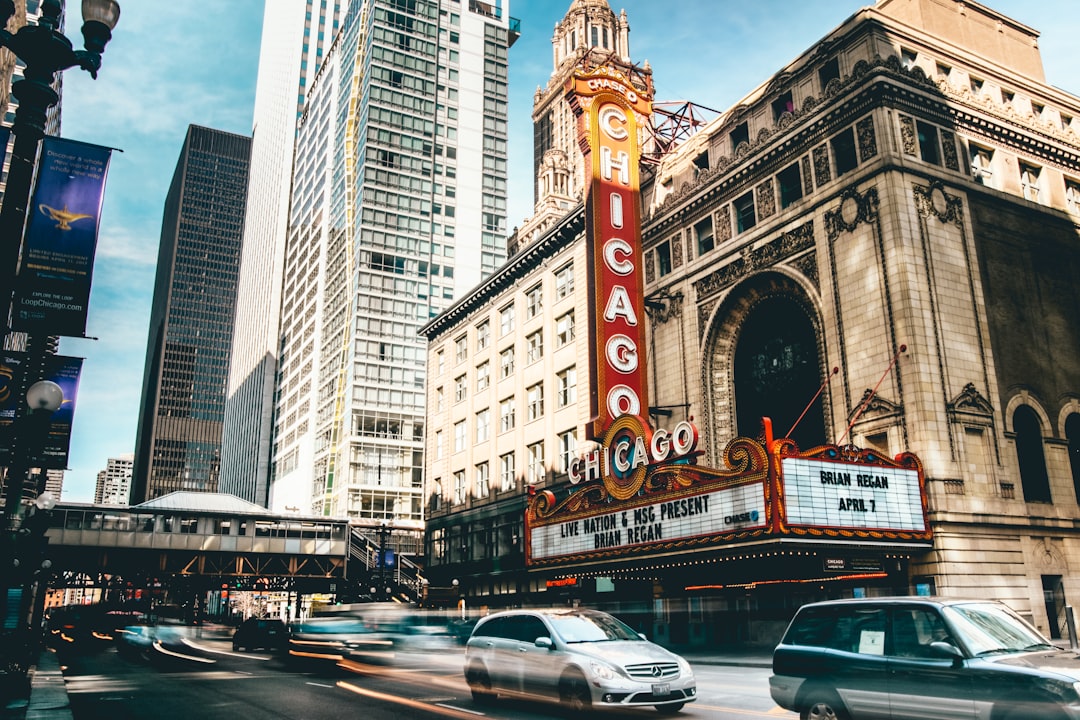In Chicago, universities play a pivotal role in shaping the ethical and compliant telemarketing landscape. By combining business, communication, and market research, they guide industry professionals on consumer psychology, regulatory compliance (including Do Not Call lists), and privacy respect. This proactive approach reduces the need for legal involvement from "Do not call lawyers" in Chicago by leveraging data analytics and academic-industry partnerships. The city's diverse demographics offer vast marketing opportunities while its strict regulations require meticulous adherence, especially regarding Do Not Call laws targeting lawyers, attorneys, and law firms.
“In Chicago’s dynamic business environment, telemarketing research plays a pivotal role in shaping effective communication strategies. This article delves into the multifaceted landscape of telemarketing, exploring its non-legal dimensions from an academic perspective. We examine how local universities contribute to ethical research practices, collaborate with businesses for enhanced telemarketer training, and navigate regulatory considerations unique to Chicago. By bridging academia and industry, these institutions foster innovative solutions, ensuring compliance with legal guidelines, particularly in the absence of specific ‘do not call’ lawyer or attorney requirements for Chicago.”
Understanding Telemarketing Research: A Non-Legal Perspective for Chicago

In Chicago, as in many urban centers across the nation, telemarketing has evolved into a complex landscape where research plays a pivotal role. Understanding telemarketing research from a non-legal perspective involves delving into strategies that enhance consumer engagement and protection. This includes employing data analytics to identify trends among Chicago residents’ preferences and behaviors, thereby guiding more effective marketing approaches. Local universities in the city are at the forefront of these efforts, leveraging their academic resources to explore innovative methods for responsible telemarketing practices.
By fostering collaborations between business schools, communication departments, and market research centers, these institutions contribute to the development of ethical guidelines. They also train future professionals on navigating consumer psychology, ensuring compliance with regulations like the Do Not Call lists in Chicago (which does not require a lawyer or law firm involvement). This holistic approach promotes a thriving telemarketing industry that respects individual privacy while fostering economic growth.
The Unique Challenges and Opportunities in Chicago's Telemarketing Landscape

Chicago’s telemarketing landscape presents a unique blend of challenges and opportunities. The city, known for its dynamic business environment, is home to numerous companies seeking effective outreach strategies. However, navigating the local market requires careful consideration due to stringent regulations like the Do Not Call laws targeting lawyers, attorneys, and law firms in Chicago. These rules mandate strict compliance to protect residents from unwanted calls, making it crucial for telemarketers to understand and adhere to these restrictions.
Despite this regulatory framework, Chicago offers ample opportunities. The city’s diverse demographics and robust consumer base provide a wide reach for marketing efforts. Local universities play a pivotal role in addressing these challenges by conducting research that enhances understanding of consumer behavior and preferences. This knowledge is invaluable for tailoring telemarketing strategies, ensuring compliance while maximizing engagement within the legal framework governing calls to Do Not Call lists in Chicago.
Local Universities: A Resource for Ethical and Effective Research Practices

Local universities play a pivotal role in fostering ethical and effective research practices, especially in fields like telemarketing. These academic institutions serve as hubs for groundbreaking studies, offering a wealth of knowledge and resources to enhance industry standards. By collaborating with businesses and researchers, universities can develop comprehensive guidelines and best practices for responsible telemarketing strategies. This partnership ensures that the latest technological advancements are leveraged while adhering to stringent ethical considerations, particularly when dealing with sensitive consumer data.
In Chicago, renowned academic institutions have already made significant strides in this domain. Their programs focus on data privacy, consent management, and consumer protection, all of which are essential aspects of modern telemarketing research. These universities attract top talent and encourage innovative thinking, ensuring that the industry benefits from cutting-edge research methodologies. Moreover, they provide a platform for industry professionals to engage with academics, leading to practical solutions and an evolving understanding of ethical telemarketing practices, thereby avoiding any lawyer for “do not call” Chicago scenarios.
Collaboration Between Academia and Businesses: Enhancing Telemarketer Training

In today’s digital era, the collaboration between local universities and businesses plays a pivotal role in enhancing telemarketer training. Universities in Chicago, such as those with robust business and communication programs, can offer specialized courses tailored to the needs of telemarketing firms. This symbiotic relationship not only enriches academic curricula but also ensures that students gain practical skills relevant to the industry. By engaging with real-world challenges, students learn how to navigate complex consumer behaviors and legal considerations, including the nuances of the Do Not Call lists regulated by the FTC.
Moreover, this collaboration fosters a culture of continuous improvement in telemarketing practices. University researchers can partner with businesses to study emerging trends, consumer preferences, and regulatory changes. Such insights enable both parties to refine training programs and stay ahead of the curve. For instance, students can be involved in projects that explore innovative ways to personalize calls or analyze data from Do Not Call campaigns, ensuring that telemarketers in Chicago are equipped with the most effective strategies while also respecting consumer privacy and legal boundaries.
Regulatory Considerations and the Role of Chicago's Legal Community

In the context of telemarketing research, regulatory considerations are paramount, especially when conducting calls in a densely populated city like Chicago. The Do Not Call Laws, actively enforced by state and local authorities, play a crucial role in protecting residents from unwanted phone solicitations. These laws not only govern commercial calls but also impact universities engaging in telemarketing activities for research purposes. Universities must ensure they have the necessary permissions to contact individuals, especially when conducting market research or surveys, to comply with regulations and avoid legal repercussions. Chicago’s robust legal community offers guidance on navigating these complexities, ensuring that academic interests are balanced with consumer protection.
Lawyers specializing in telecommunications law in Chicago can provide valuable insights into the Do Not Call Laws’ scope and exceptions, helping institutions understand their rights and obligations. Given the city’s status as a legal hub, access to such expertise is advantageous for universities aiming to conduct legitimate research while adhering to strict regulations. This ensures that telemarketing efforts are ethical, compliant, and respectful of Chicago residents’ privacy.






